
Puma, Cougar, Or Mountain Lion? The Big Cat's Many Names Hinder Conservation Efforts
The puma, also known by over 80 other terms like the cougar and mountain lion, holds the enviable title of 'mammal with the most names' as per Guinness World Records. According to a new study, however, more is definitely not the merrier in this case. The many monikers of this big cat species act as a hurdle to its successful conservation. The study, conducted by Panthera, the global wild cat conservation organization, was published by Frontiers in Conservation Science. In an interview with WorldAtlas, Dr. Mark Elbroch, the Director of the Puma Program for Panthera, and the corresponding author of the study, explained just how multiple names of a species impact its conservation on several fronts.
The puma is the most wide-ranging native terrestrial mammal in the Americas. Its range covers 28 countries from southern Alaska in the United States to the southern tip of Chile. It is a highly resilient species capable of thriving in a variety of ecosystems. Given its widespread distribution, it is listed as a Least Concern species on the IUCN Red List. Scientists, however, suspect that its populations are decreasing throughout its range making conservation interventions necessary to keep its populations stable.
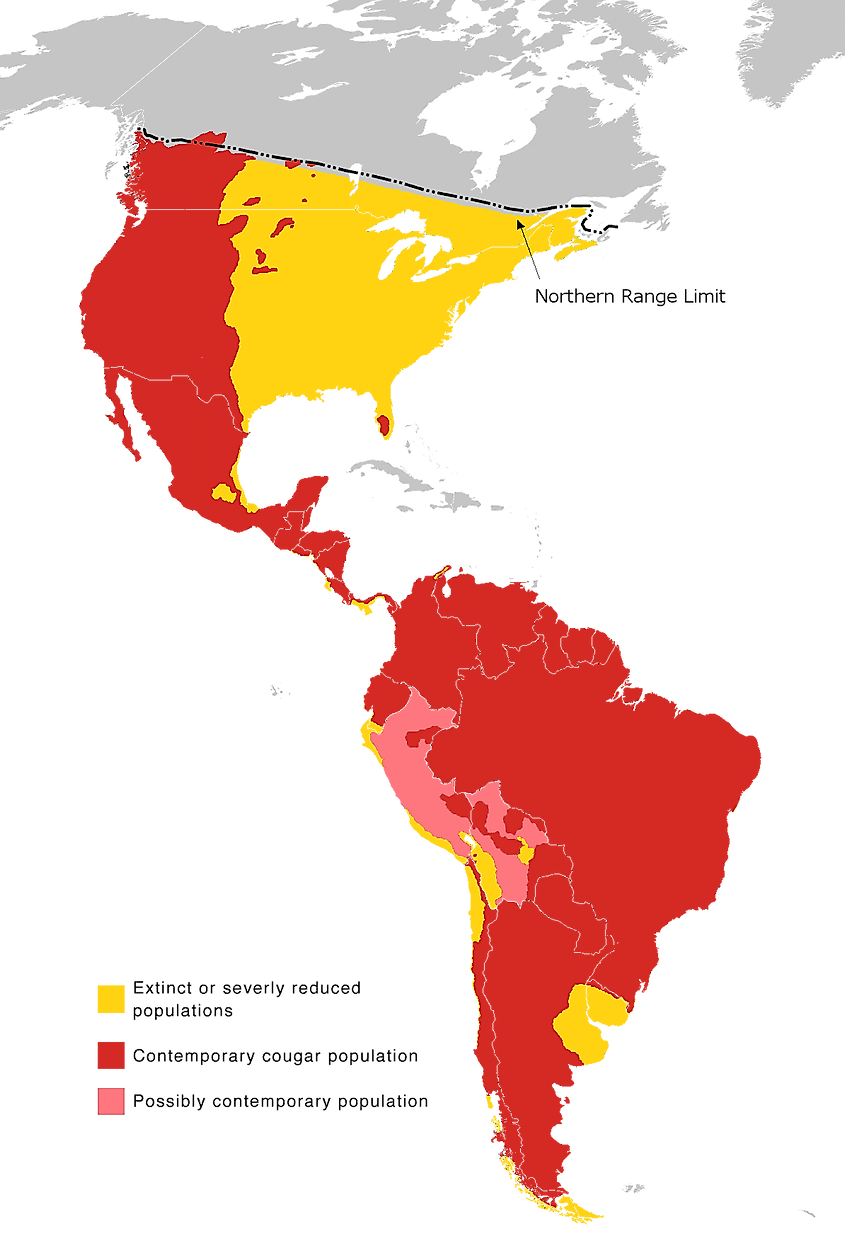
While habitat loss and fragmentation, poaching, legal hunting, and persecution due to livestock depredation are the known threats to the puma, the recent study makes a startling addition to the list - the many names of the puma. But how exactly do more names act as a threat to pumas? The reasons are explained below.
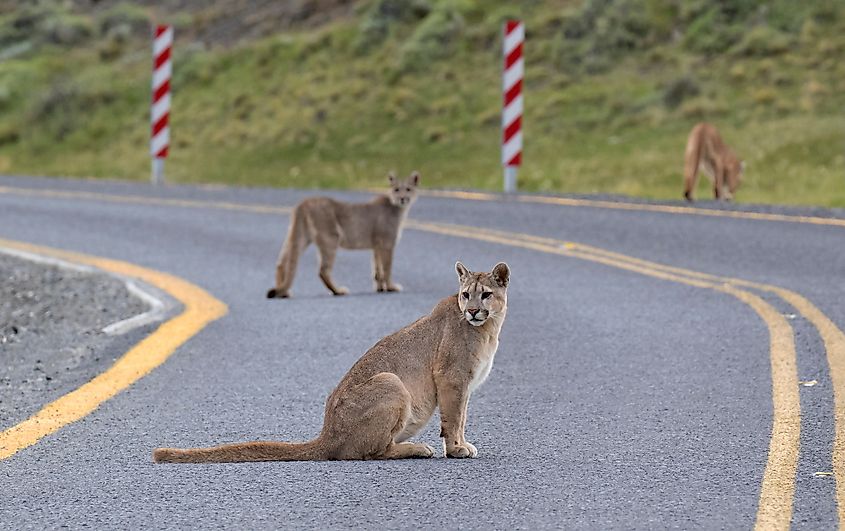
Communication Barrier
According to Dr. Mark Elbroch, the use of multiple terms referring to the puma in different places affects effective communication between the various stakeholders associated with puma conservation.
"We all know the world has become more polarized and that people are choosing sides on just about every issue, whether voting rights, hunting quotas, or ballot initiatives to show loyalty to a group over any other reason. This fact is as true in the wildlife world as it is elsewhere. When people interact, they seek cues to determine whether they are communicating with someone from inside their group versus an outsider (the potential opposition). For example, imagine walking into a state agency meeting about mountain lion regulations to speak along the lines of conservation, and you start with the word 'puma' for the species. You have just labeled yourself as an outsider. The entire room is now against you, even the agency biologists. This is because this initial exchange between people quickly categorizes insiders from outsiders, and the consequences of this moment in time establish the filters through which insiders listen to outsiders. In other words, it determines what people hear and has consequences for conservation at every level," he said.
Mistaken Identity
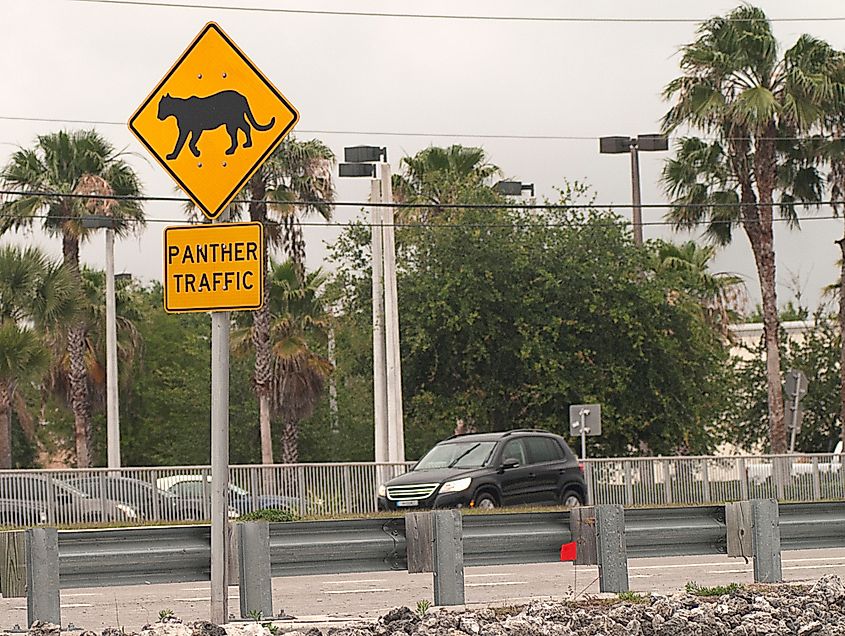
Dr. Elbroch also mentioned that the different names of the puma create confusion regarding the identity of the species. For example, if there is a talk about introducing Texas mountain lions to bolster genetic diversity in Florida panthers, part of the arguments against this initiative is rooted in the belief that these are different species, or at least different subspecies, neither of which is true.
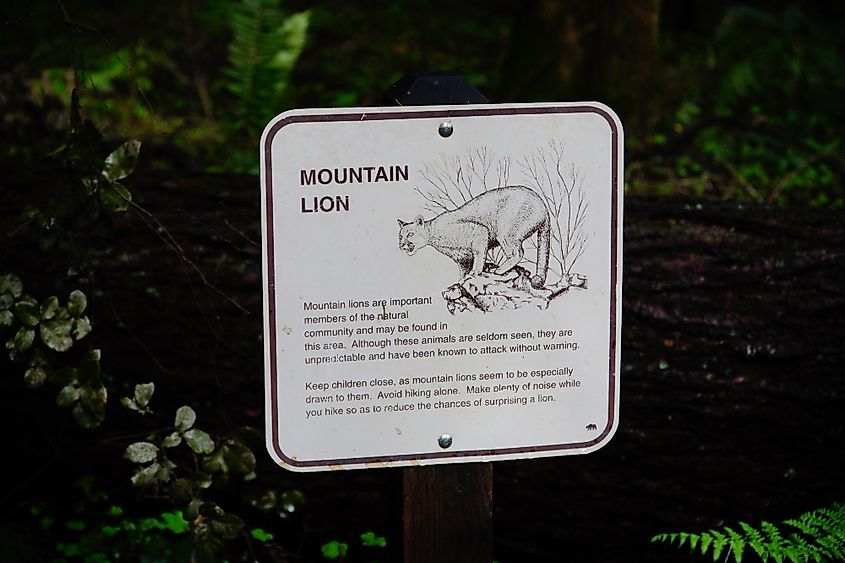
"Recently, I was discussing the possibility of reintroducing 'mountain lions' in the eastern United States, as was proposed several years ago by another researcher. However, those involved in the discussion said they would support reintroducing “cougars” because they were native to the East centuries ago, but not mountain lions, which were a western animal. When I explained that they were the same animal, they took some time to accept the fact, and then just fell silent, looking perplexed. This interaction exhibits the importance of choosing the right name to build new legislation to facilitate reintroductions or species protection programs," mentioned Dr. Elbroch.
Dealing With The Issue
While the study clearly demonstrates the issues arising due to the use of multiple names for a single species, the researchers also outlined ways to mitigate the same.
"I would propose that people choose the name that will best resonate with their intended audience. The names of the species are here to stay. Hence, we have to deal with them effectively. For example, in Washington where the term 'cougar' is more popular, we need to use that name while 'Florida panther' is the term to use in Florida. In addition, I would also suggest including the term 'mountain lion' as an 'aside' as it yields the most biologically relevant results on the internet and social media. The term puma must also be included while referring to the species as it is the most used name for the species globally. It is also one that originated in the Americas as opposed to the term mountain lion that continues as a colonist tradition. Wildlife personnel, media reporters, conservationists, and wildlife biologists must make the extra effort to explain that the various terms refer to the same species while communicating with the public about the species," said Dr. Elbroch.
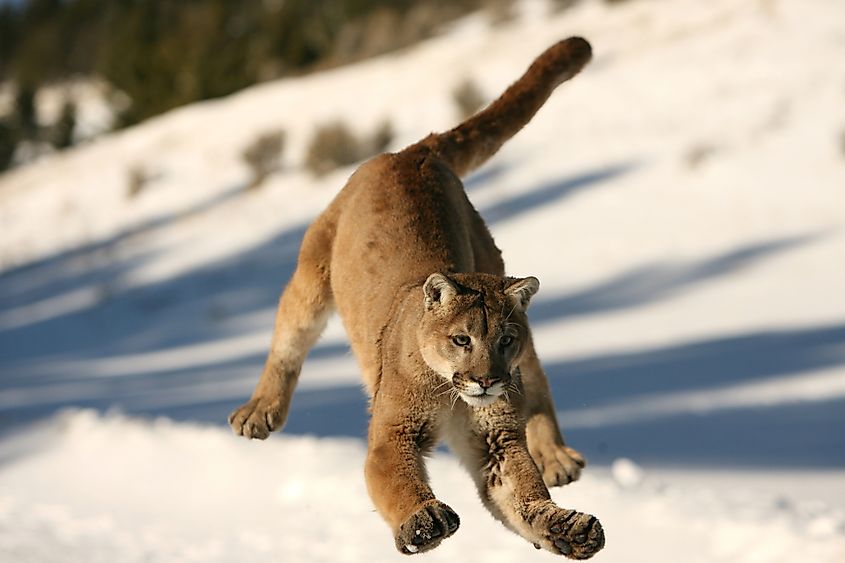
Given that some of the names of the animal are also used by popular brands creating online noise, the researchers suggest that conservationists can actually ride the wave of popularity associated with the non-animal use of the term (such as the Black Panther films) to enhance positive associations with the actual animals.
With pumas playing a critical role in promoting biodiversity and ecological resilience in the Americas, their survival is of utmost importance to the region. Their conservation is complicated by several factors including the fact that these predators pose both real and perceived risks to people, pets, and livestock. Media reports sensationalizing human-puma encounters often foster a negative perception of these animals by the public. The many names further meddle with efforts to educate the public about the species. The study thus comes to the rescue of the species by clearly presenting the problem and suggesting ways to overcome the same.











